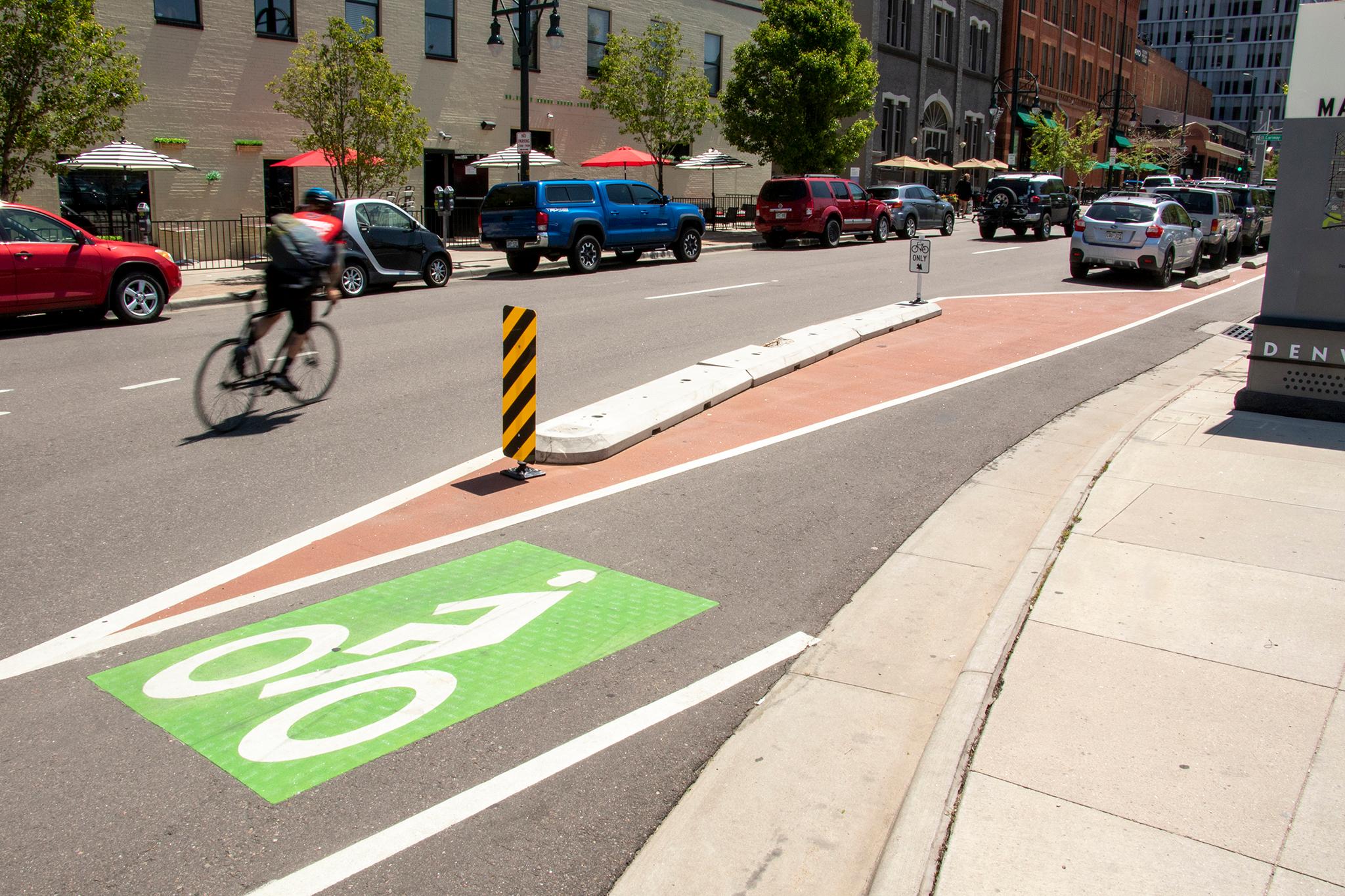Last year, Mayor Michael Hancock agreed to form a climate task force after Jolon Clark, who was president of City Council at the time, dropped an effort to put an energy tax on the 2019 ballot. The task force, which brought together 25 representatives of energy, business, conservation, neighborhood, education and other groups, went on to make several recommendations for raising funds to fight climate change, including a sales tax increase proposal that's on the 2020 ballot.
What the ballot question says: Shall city and county of Denver sales and use taxes be increased by $40.8 million annually, commencing Jan. 1, 2021, and by whatever additional amounts are raised annually thereafter, from a twenty-five one hundredths of one percent (0.25 percent) sales and use tax rate (2.5 cents on a ten-dollar purchase) with exemptions for food, water, fuel, medical supplies, and feminine hygiene products, to be used to fund programs to eliminate greenhouse gas emissions and air pollution, and adapt to climate change ...?
What it means: If voters approve this, total sales taxes in Denver would increase from 8.31 percent to 8.56 percent. Given the economic slowdown created by the pandemic, less than the $40.8 million estimate for 2021 might be raised.
The ballot question details some things on which the money could be spent, including training people for careers in clean energy industries and taking steps to improve the energy efficiency of homes. An office of climate action, sustainability and resiliency and a citizen's sustainability committee are to oversee spending, and investments are to be maximized in "communities of color, under resourced communities, and communities most vulnerable to climate change."
Who supports it: Councilman Clark. So does the grassroots group Resilient Denver, which withdrew a proposal for a carbon tax from the November ballot after City Council approved sending the sales tax to voters. A group called "Yes on 2A: Climate Action Now" has been lobbying on line for the measure.
Who's against it: Matthew Groves, who is legal, regulatory & compliance vice president for the Colorado Auto Dealers Association, said the city proposal doesn't add to steps at the state level to move the economy away from fossil fuels and reduce carbon emissions. Joshua Sharf, who is a senior fellow in fiscal policy at the Independence Institute, said that while everyone pays sales taxes, he sees the money raised from this one as going to "boutique" items such as bike lanes that benefit wealthier Denverites.
Check out our comprehensive voting guide here. Happy voting!












